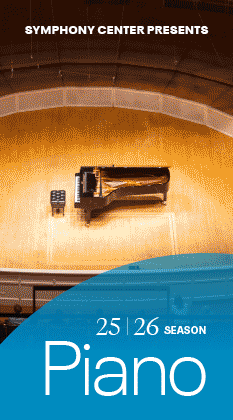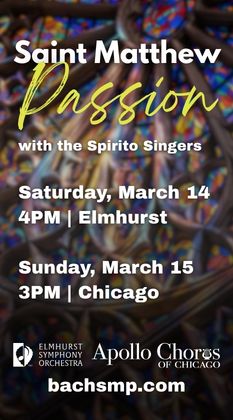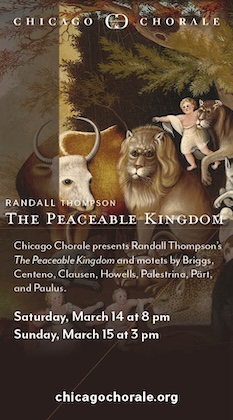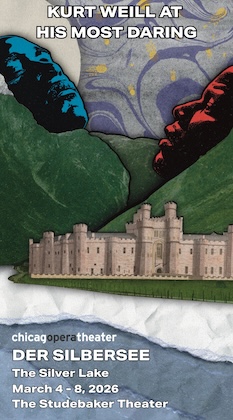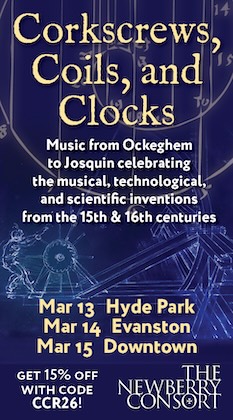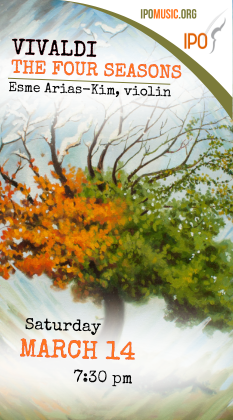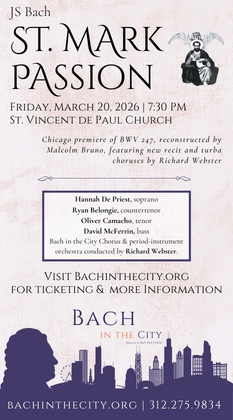Mäkelä’s new disc offers idiomatic performances of French favorites

Berlioz: Symphonie fantastique. Ravel: La Valse. Klaus Mäkelä/Orchestre de Paris (Decca).
Klaus Mäkelä’s latest recording brings a pair of cornerstone French works, recorded, aptly, with the Orchestra de Paris, one of the Finnish conductor’s two current European ensembles. (The Oslo Philharmonic Orchestra is the other.)
The performance of the Symphonie fantastique is timely since the Chicago Symphony Orchestra’s music director designate will lead Berlioz’s phantasmagorical work with the CSO in October.
The gentle mystery of the opening “Reveries-Passions” is nicely captured with the music gradually gathering impetus en route to the first appearance of Berlioz’s idée fixe. There is an airy grace to the playing throughout yet the serpentine motto theme goes with ample energy. Mäkelä charts its various permutations with characterful renderings of sections that most conductors treat as pass-through material. At times in the movement’s development, one wants richer string tone and greater weight overall from the Paris ensemble but the playing is vital with a fizzing climax.
The ensuing “Un bal” is elegantly dispatched with gracious waltz rhythms, and the hushed stealing in of the motto theme near the coda is magical.
The opening of the “Scene aux champs” is rather meh with blandly literal English horn and oboe solos, yet the music gains in requisite character as it unfolds. In an expansive movement that often falls into a pleasant but dull rural sprawl, Mäkelä’s incisive focus pays dividends, making the journey fresh and compelling. The English horn player recovers for a more plaintive and atmospheric closing solo.
Berlioz’s drug-induced March to the Scaffold lacks something in swagger for all its emphatic rhythms yet there is striking transparency with every line clear even in Berlioz’s thickest scoring. From the chortling of the antic clarinet solo at the opening, the Witches’ Sabbath finale provides the finest playing of the performance, Mäkelä bringing out some gnarly scoring that is usually overlooked, and the buildup to the coda is galvanic and thrilling.
The same textural clarity is also strikingly manifest in the coupling of Ravel’s La Valse. There isa firm, rounded presence to the subterranean opening bass notes and later in the winds, as the waltz gradually gains definition. Mäkelä points the dance rhythms with an enticing charm and the increasingly off-kilter element is present without losing an essential Gallic grace. The final bars are effective if too controlled, lacking the kind of unhinged manic quality that Ravel’s fin de siècle breakdown calls for.
Despite the reservations, this is another worthy release in the young conductor’s burgeoning Decca catalogue. The Berlioz is especially impressive with Mäkelä bringing an organic quality to a score that is too often treated as a series of flashy moments linked by less-flashy sequences. It will be intriguing to see what repertoire he takes into the studio with the local band in a couple years’ time.
Posted in News
